Essentially Yeshua is a "nick" like mike for micheal ,but communicated Jesus in hebrew Back in the day Jesus was called either Yehoushua or Yahousha the prefex "Yah" of the later connotes Jesus as the fulness of the Godhead (Jesus is God in the flesh) The english use of Jesus was begun only about 700 years ago23 And in that day ye shall ask me nothing Verily, verily, I say unto you, Whatsoever ye shall ask the Father in my name, he will give it you Verily, verily, I say unto you, Whatsoever ye shall ask the Father in my name, he will give it youWhat does John 1623 mean?
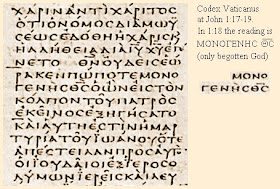
Aramaic New Covenant Issues John 1 18 Who Was Only Begotten The Son Or Theos
John 16 23-24 original aramaic
John 16 23-24 original aramaic-Daniel , & Ezra , The New Testament was originally written in Greek Not Hebrew, not Aramaic, but Greek The Old Testament, on the other hand, was originally written in Hebrew, though the following portions of the OT were originally in Aramaic Genesis 3147 (2 words), Jeremiah 1011;




Writing Angels Astronomy And Aramaic In The Early Hellenistic Age Chapter 3 Demons Angels And Writing In Ancient Judaism
Some may misunderstand this to be the case, but I John 514 qualifies what He will grant "Now this is the confidence that we have in Him, that if we ask anything according to His will, He hears us"Real prayer is communion with God, and what is necessary forJohn 1624 ܥܕܡܐ ܠܗܫܐ ܠܐ ܫܐܠܬܘܢ ܡܕܡ ܒܫܡܝ ܫܐܠܘ ܘܬܤܒܘܢ ܕܬܗܘܐ ܚܕܘܬܟܘܢ ܡܫܡܠܝܐ ܀ (translation Aramaic NT Peshitta) 中文 čeština Nederlands Français ქართული ენა Deutsch Italiano 日本語 한국어 Português Pyccĸий Srpski, Српски Español Svenska alog isiZuluJohn 161 Christ comforts his disciples by the promise of the Holy Ghost, and his ascension;
In the Gospel of John, chapter 3, Jesus has a famous conversation with Nicodemus in which he says, "You must be born again" The Greek word translated "again" actually has two meanings it can mean not only "a second time" but also "from above" Whenever it is used elsewhere in John, it means "from above" (John 1911, 23) This is what the Bible said in the ancient Aramaic, according to Neil Douglas Klotz (Prayers of the Cosmos, pages 8687; The Aramaic word that can change your thinking is Memra Please read on!
John John AMPC And when that time comes, you will ask nothing of Me you will need to ask Me no questions I assure you, most solemnly I tell you, that My Father will grant you whatever you ask in My Name as presenting all that I AM Exod 314 Up to this time you have not asked a single thing in My Name asJohn Is it true that God has given us a blank check to ask anything of Him just as one might ask a genie in a fairy tale?A closer look at John 128 in the Aramaic Peshitta Consistent Aramaic Grammar Beautifully Harmonizes in the Original Text by Greg Glaser ^the side of _), which is used elsewhere in the fourth gospel (eg, John 323, John 45, John 623) According to Matthew 3712 though, JB did baptize Pharisees For more on this point



Library Oapen Org Bitstream Id 4d9c2d3f D929 4640 98ff 18ebc776dcaa Webready Content Text Pdf




Aramaic The Language Of Jesus Posts Facebook
He spoke Aramaic, and we have no original writings of Aramaic of him or about him My response We don't know if he spoke Greek or not so you cannot conclusively say that he1st Century Judeans usually had Hebrew names even though they spoke Aramaic Mark and Luke were likely Greek or Greek Jews Here is what their real names likely were Hebrew Mattithyahu (Matthew) Hebrew/Greek Hyphonated IoannesMarkos (JohnM The Greek word translated "again" actually has two meanings it can mean not "a second time" but also "from above" Whenever it is used elsewhere in John, it means "from above" (Jn 1911, 23) That is what Jesus appears to mean in John 3 when he speaks with Nicodemus a person must be born from above in order to have eternal




Joseph A Fitzmyer A Wandering Aramean Collected Aramaic Essays 1979 Pdf




Gospel Wikipedia
And in that day you will ask me nothing Verily, verily, I say unto you, Whatsoever ye shall ask the Father in my name, he will give it to you ( John 1623) "You're not to ask Me, your prayers are to be unto the Father They are to be in the name of Jesus Christ" And our prayers today should actually be addressed to the Father in the name of JesusAramaic NT Parallel English Translations Etheridge Juchanon / John 16 > > Murdock 1 Christ comforteth his disciples against tribulation by the promise of the Holy Ghost, and by his resurrection and ascension 23 assureth their prayers made in his name to be acceptable to his Father 33 Peace in Christ, and in the world afflictionJohn 16 John 16 is the sixteenth verse in the twentieth chapter of the Gospel of John in the New Testament of the Bible The verse describes the moment that Mary Magdalene realizes that Jesus has returned from the dead, when she recognizes his voice calling her name




Is John 3 16 17 An Aramaic Impossibility Askbiblescholars




Aramaic Wikipedia
The Aramaic original New Testament theory is the belief that the Christian New Testament was originally written in Aramaic The New Testament in Aramaic languages exists in a number of versions the Vetus Syra (Old Syriac), a translation from Greek into early Classical Syriac, containing most—but not all—of the text of the 4 Gospels, and represented in the Curetonian Gospels andAnd it was written in Hebrew Aramaic, Latin and in Greek" (John 19) n "Messiah" (Jn 141) "The Greek transliteration of the Aram m e šīḥâ (=Heb māšīaḥ) occurs in the NT only here and in 425Also noted in Braden's Secrets of the Lost Mode of Prayer, pages ) According to Klotz, John 16 2324 has been edited of this method




Gregg Braden With Regard To The Power Of Prayer A Comparison Of The Modern Biblical Version Of Ask And You Shall Receive For Example With Its Original Text Gives Us An
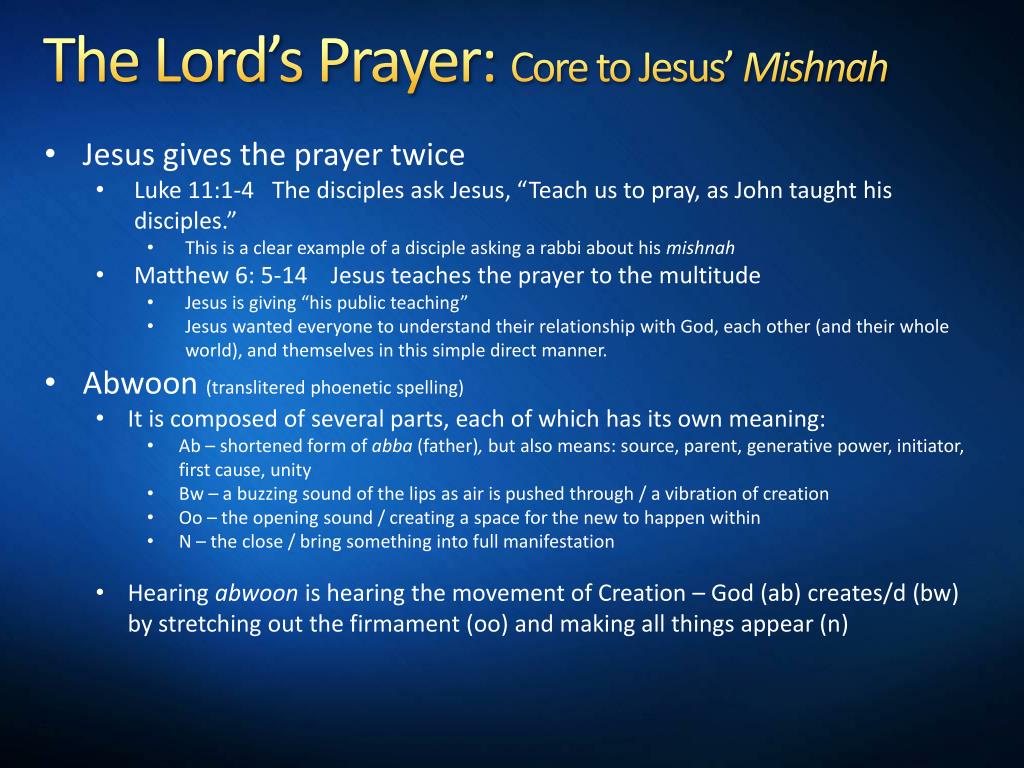



Ppt Exploring The Lord S Prayer In The Aramaic Powerpoint Presentation Id
John The Aramaic word for "Messiah" or "Christ" is Meshikha While most people know this is false, some people think that "Christ" was a last name to our Lord This was simply a title that meant "the Anointed One" Jesus is the one man to whom God gave an unlimited anointing for the ministry (John 334)John 316 is only one of the passages the universalists have used to erroneously propup their unsound theory No doubt, it has been the universalists, past and present, who have dubbed John 316 as the "golden text" of the Bible Using Yahweh's Word in such aJohn John KJV And in that day ye shall ask me nothing Verily, verily, I say unto you, Whatsoever ye shall ask the Father in my name, he will give it you Hitherto have ye asked nothing in my name ask, and ye shall receive, that your



2




John 16 23 24 In That Day You Will Ask Nothing Of Me Truly Truly I Say To You Whatever You Ask Of The Father In My Name He Will Give It To You
10 The King James Version of the Bible is the Bible I use most of the time, but this statement, taken from the original Aramaic text, of Christ dying on the cross, is incorrect in the KJV, probably 24 Psa ch 23, 957, John , 2728, Heb 1321, I Pet return 25John 1211 & 1516 One word that the Greek translators often misunderstood, was the Aramaic word >L which normally means to go or to depart , but is used idiomatically in Aramaic to mean that some action goes forward, and that something progresse s more and more Jul 7 at 1623 Add a comment 2 Answers Active Oldest Votes when translating the text from the original Aramaic into Greek If John originally wrote in Greek, or if he wrote originals in both scripts, then he could have chosen to preserve the term Messiah in the original Aramaic dialect and provide the literal Greek translation




Aramaic Of Qoran Temp




Bible Ministries International
While it is possible that Jesus and some of his apostles knew and used Greek (at least on certain occasions), it is clear that their primary language of communication was Aramaic and, quite possibly, Hebrew as well Here is the key evidence The New Testament records several unmistakable instances of Aramaic usage Most notable is Mark 541, where Jesus raises Jairus'And is, in the New Testament, opposed to the night of Jewish and Gentile darkness;Chapter 16 of the Gospel of John Original Greek text and translation Click on one of the Greek words below to view all instances of this word in the narrative of the Gospel of John John 161 "These things I have spoken to you so that you may be




Aramaic New Covenant Issues John 1 18 Who Was Only Begotten The Son Or Theos




Peoples Of The Ot Arameans Ppt Download
John 11 In the beginning was the Word, and the Word was with God, and the Word was God Wow what a profound statement right here Let's investigate through Jewish eyes what it means to be "the Word", in the Targum1) My Aramaic research blog which keeps track of Aramaic in scholarship and the media at large It's mostly academic in nature with a dash of snark and parody here and there 2) My onagainoff again work on public domain versions of the Canonical Gospels (and possibly the Gospel of Thomas as well) that I call "The Aramaic Words TranslationThe Original Aramaic New Testament in Plain English At the end of 07, Pastor Bauscher completed, The Original Aramaic New Testament in Plain English It's a smooth English version of the Interlinear, which was requested by readers who stumbled over the wordforword Interlinear, since Aramaic sentence structure is different than English




The Original Aramaic New Testament In Plain English Pdf Free Download




Hebrew Aramaic Words In The Greek New Testament Bibtheo
Gospel of the Holy Twelve Master Gospel of John translated from the original Aramaic Bell, Victoria on Amazoncom *FREE* shipping on qualifying offers Gospel of the Holy Twelve Master Gospel of John translated from the original Aramaic $1671 $ 16 71 Get it as soon as Saturday, Sep 4 FREE Shipping on orders over $25 shipped by Aramaic OT only has 2 Chronicles 2)Both Septuagint and Hebrew OT have 23 verses in 2 Chronicles 11 Aramaic OT only has 17 verses in 2 Chronicles 11 3)Both Septuagint and Hebrew OT have the verses 2 Chronicles 925 & 2 Chronicles 929 But Aramaic OT does not have 2 Chronicles 925 & 2 Chronicles 929Browse Sermons on John Find Top Church Sermons, Illustrations, and Preaching Slides on John




Aramaic Bible New Testament Gospel Of Matthew




Read Matthew Online By John F Walvoord And Charles H Dyer Books
(John 16) m " Therefore many of the Jews read this inscription, for the place where Jesus was crucified was near the city;Steve Caruso (MLIS) has translated Aramaic languages professionally for over 15 years with a focus upon the Galilean dialect – the language spoken by Jesus of Nazareth He is presently the Program Coordinator for Interface Design & Web Development at Raritan Valley Community CollegeHere on "The Aramaic New Testament," though, he keeps track of Aramaic in media and scholarship atVerses 1623, 24 On which occasion, the guidance of external truth is no longer sought for, but the guidance of internal truth in connection with the Lord's Divine Humanity, which alone brings fullness of satisfaction Verses 1625, 26, 27 Therefore the instruction of external truth must precede, and be succeeded by that which is internal, in




Scripture In Aramaic Renewal Journal



Speech Act Reading Of John 9 Chapter 4
And in that day you will ask me nothing Verily, verily, I say unto you, Whatsoever ye shall ask the Father in my name, he will give it to you ( John 1623) "You're not to ask Me, your prayers are to be unto the Father They are to be in the name of Jesus Christ" And our prayers today should actually be addressed to the Father in the name of Jesus最新 john 16 2324 original aramaic John 16 2324 original aramaic John Is it true that God has given us a blank check to ask anything of Him just as one might ask a genie in a fairy tale?Ezra the Scribe (4th century BC) wrote in Aramaic (as did the prophet Daniel), and later the Men of the Great Assembly established Aramaic scriptEzra the Scribe (4th century BC) wrote in Aramaic (as did the prophet Daniel), and later the Men of the Great Assembly established Aramaic script to be standardized for writing purposes After the return of the exiles, Nehemiah later complained that assimilated Jews could no longer speak the Jew's native language ie, Hebrew ( Neh )
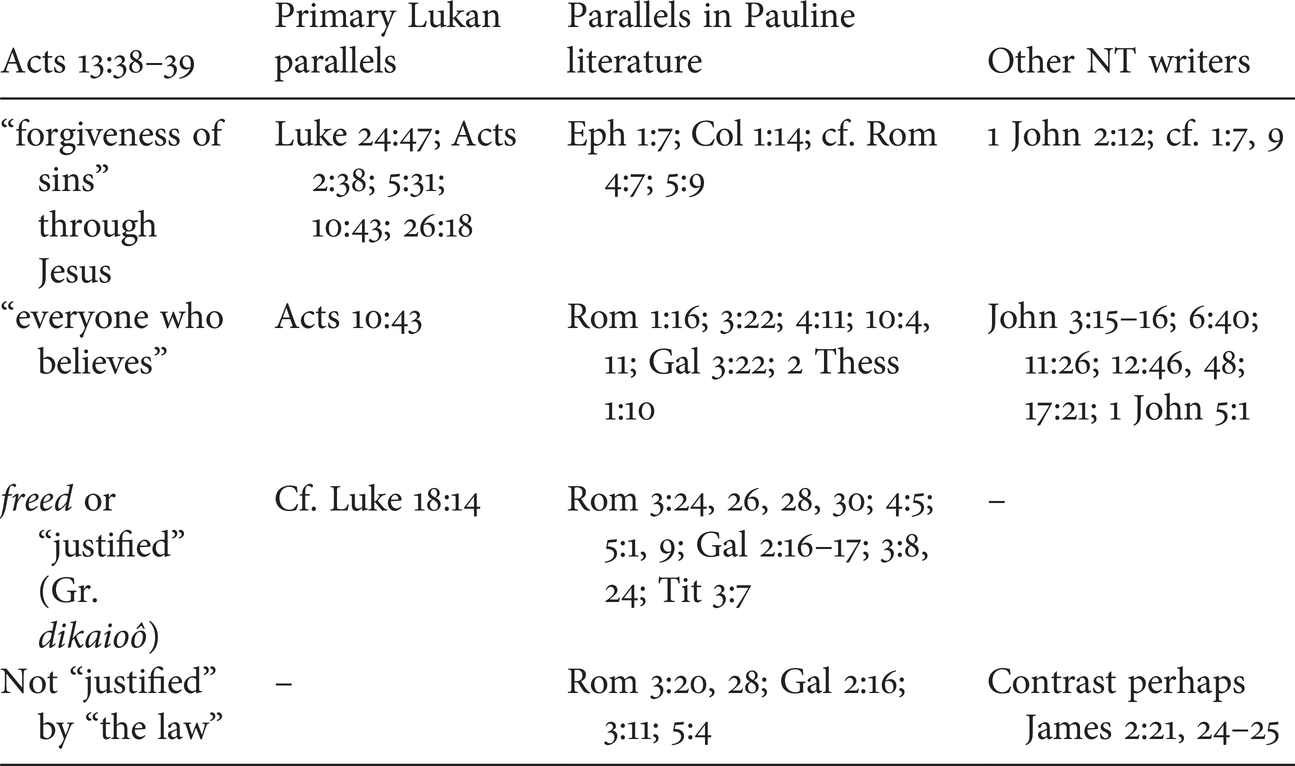



Commentary Iii Acts
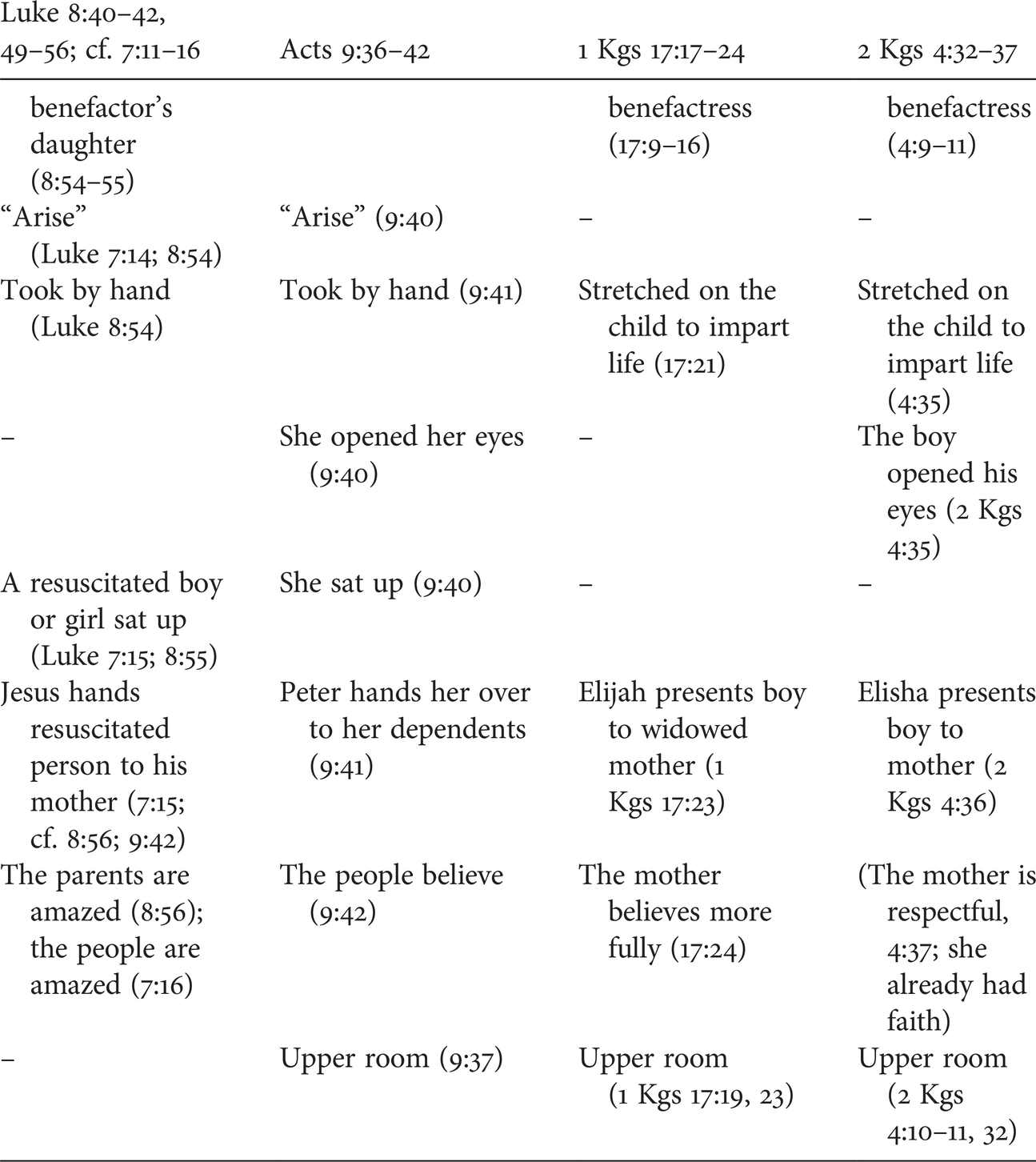



Commentary Iii Acts
John 1623 Aramaic NT Peshitta John 1619 Now Jesus knew that they were desirous to ask him, and said to them, Isaiah 6524 And it shall come to pass, that before they call, I⇑ See verse text ⇑ Despite the fears and doubts of the disciples (John 166, 12), Jesus has predicted that their sorrow will eventually lead to joy (John 16–22) In particular, this means the change these men will experience when they see Jesus alive and resurrected several days from now (John 19)John In that day you will no longer ask me anything Very truly I tell you, my Father will give you whatever you ask in my name Until now you have not asked for anything in my name Ask and you will receive, and your joy will be complete Read verse in New International Version




The Qur An Misinterpreted Mistranslated And Misread The Aramaic Language Of The Qur An Religious Book Islam Download




Where Does Jesus Say I Am God In The Aramaic Bible
So I read John 1624 in Vic's translation from the ancient Aramaic, "Ask and be satisfied that your joy is complete" Thank you for the excellent question See John Without Ulerior MotivesAnd, in comparison of the former dispensation, is a time of great spiritual light and knowledge nor theJohn was the first book the author translated in 06 in The Aramaic English Interlinear NT, and then in 07 as part of the Original Aramaic New Testament in Plain English Aramaic was the language of Jesus of Nazareth ("Yeshua Netsarya" in Aramaic) and of his twelve disciples




The Story Of Jesus And His Love For You The Passion Translation Tpt Simmons Brian Amazon Com Books



Alisa Childers I Blog
John 1623 assures their prayers made in his name to be acceptable John 1633 Peace in Christ, and in the world affliction John 164;John 1624 John 1623 In that day ye shall ask me nothing Meaning, not the whole Gospel dispensation, so often called, in prophetic language, "that day";23 In that day ( A) you will no longer ask me anything Very truly I tell you, my Father will give you whatever you ask in my name ( B) 24 Until now you have not asked for anything in my name Ask and you will receive, ( C) and your joy will be complete
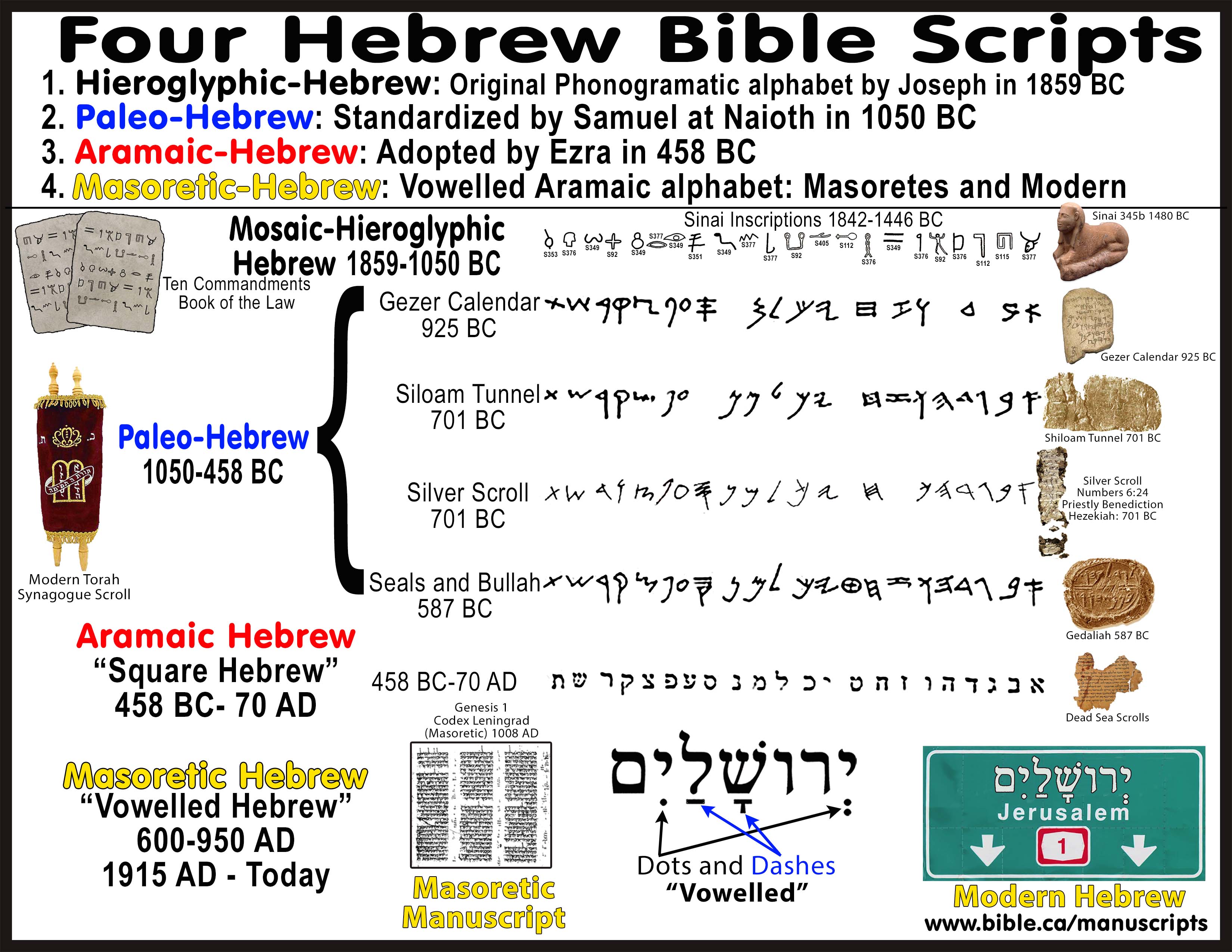



Quattuordecim Xiv Ezra Translated The Paleo Hebrew Manuscripts Into Aramaic Hebrew 458




Pdf From The Kingdom Of God To Eternal Life The Transformation Of Theological Language In The Fourth Gospel
It would be the cousin word "tebel" from the Hebrew if Jesus said this in Aramaic Tebel meant the inhabited world, all its inhabitants It is translated "cosmos" in Koine Greek to mean the entire human race Pythagoras first used the term cosmos




T J Meadowcroft Aramaic Daniel And Greek Danie Pdf Septuagint Book Of Daniel




Pdf G00g Hebrew Aramaic Not Greek Will Brinson Ferguson Academia Edu



The Lord S Prayer In Galilean Aramaic The Aramaic New Testament
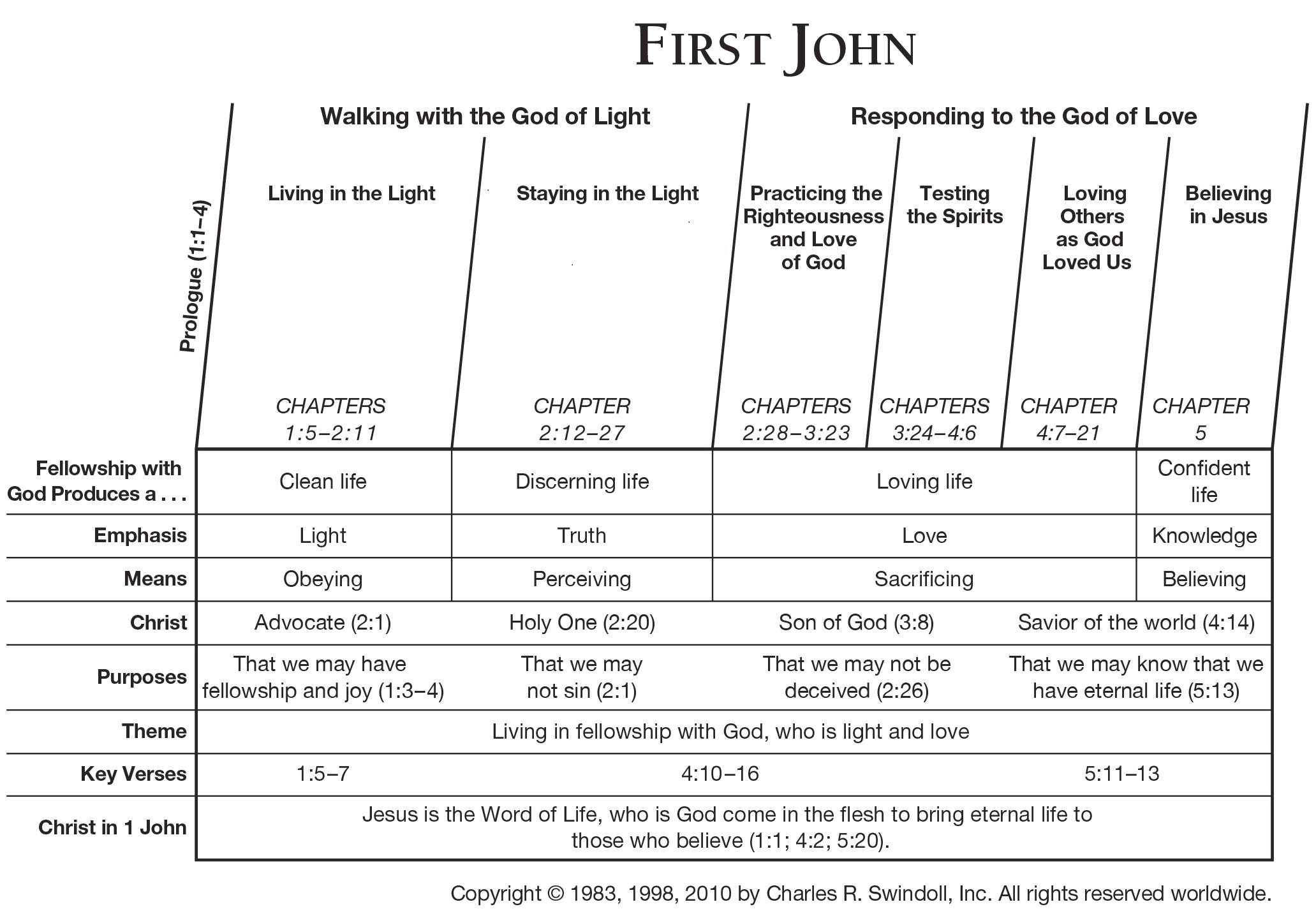



1 John 2 1 6 Commentary Precept Austin
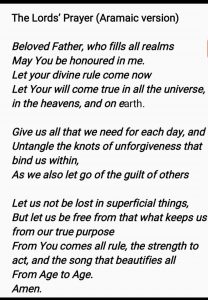



Scripture In Aramaic Renewal Journal
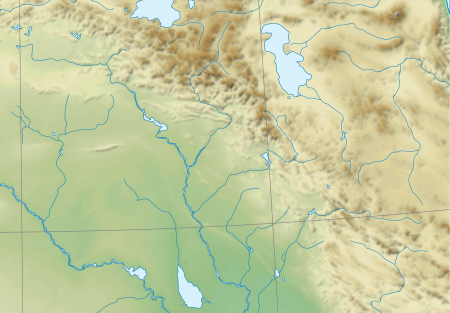



Aramaic Wikipedia




Advances In The Study Of Biblical Hebrew And Aramaic By Zondervan Academic Issuu
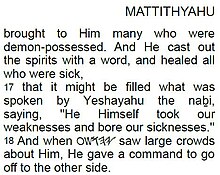



Sacred Name Bible Wikipedia




Chapter 14 Mark 11 16



John




Chapter 1 Introduction In Judeans In Babylonia




Writing Angels Astronomy And Aramaic In The Early Hellenistic Age Chapter 3 Demons Angels And Writing In Ancient Judaism



Early Mandaic And Neo Mandaic Some Points Of Connection In Aramaic Studies Volume 16 Issue 1 18
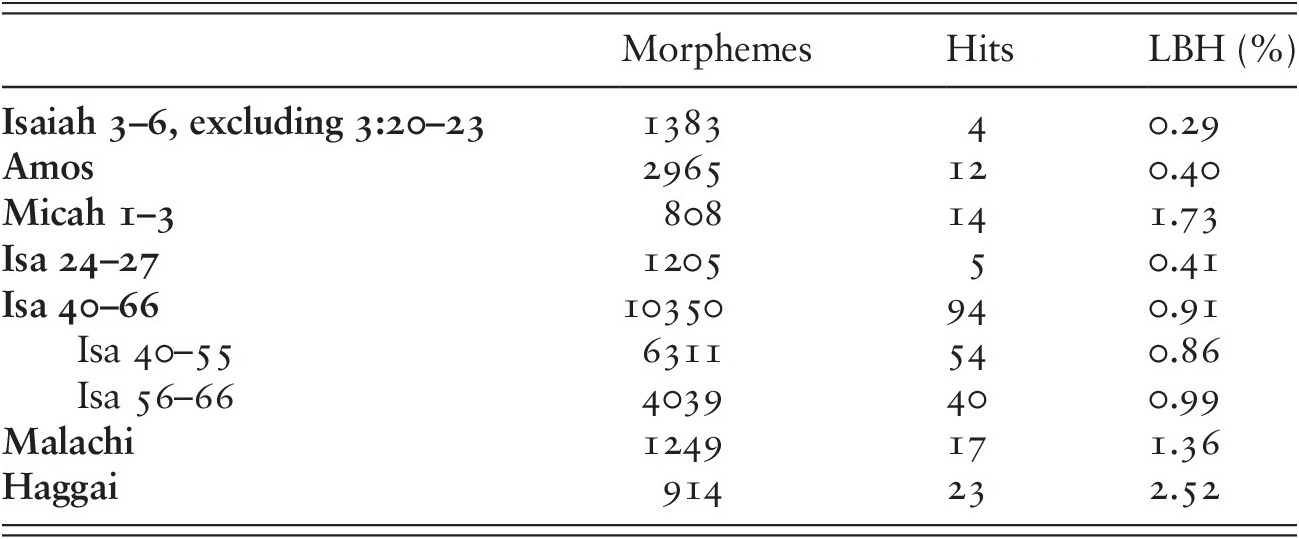



The Language Of Isaiah 24 27 In Light Of Hebrew Diachrony Chapter 6 The Origins Of Isaiah 24 27




John 16 23 24 Truly Truly I Say To You Whatever You Ask Of The Father




Nanay And Her Lover An Aramaic Sacred Marriage Text From Egypt Journal Of Near Eastern Studies Vol 76 No 1




The Case Of The Missing Verse John 5 4



Original Aramaic New Testament Theword Modules




The Watchers In The Bible Scripture Meaning And Quotes




Scripture In Aramaic Renewal Journal




Pdf Did Jesus Really Teach His Students In Aramaic Some Reflections Of The Language Used In Palestine At The Beginning Of The Common Era




List Of Hebrew Bible Manuscripts Wikipedia



Repository Upenn Edu Cgi Viewcontent Cgi Article 1129 Context Dropsietheses
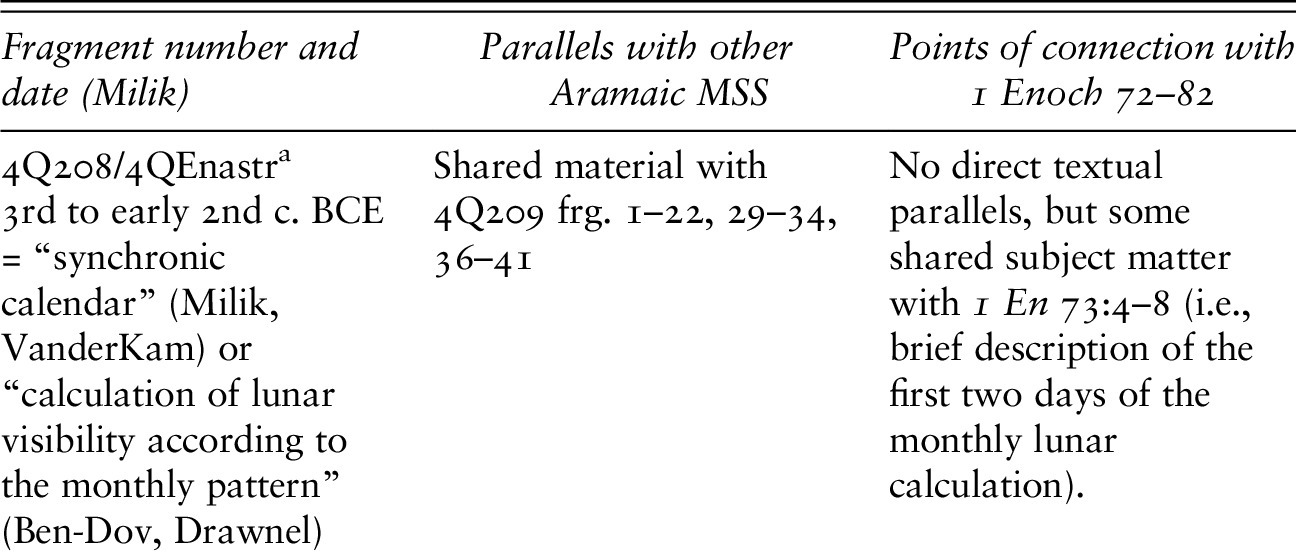



Writing Angels Astronomy And Aramaic In The Early Hellenistic Age Chapter 3 Demons Angels And Writing In Ancient Judaism




The Story Of Jesus And His Love For You The Passion Translation Tpt Simmons Brian Amazon Com Books



Www Jstor Org Stable



1



Silo Tips Download Peshittant




Commentary Iii Acts




Hebrew Aramaic Words In The Greek New Testament Bibtheo




Chapter 6 Arabic And The Syriac Christians In Iraq Three Levels Of Loyalty To The Arabist Project 19 1950 In Arabic And Its Alternatives



Speech Act Reading Of John 9 Chapter 4



Repository Upenn Edu Cgi Viewcontent Cgi Article 1129 Context Dropsietheses
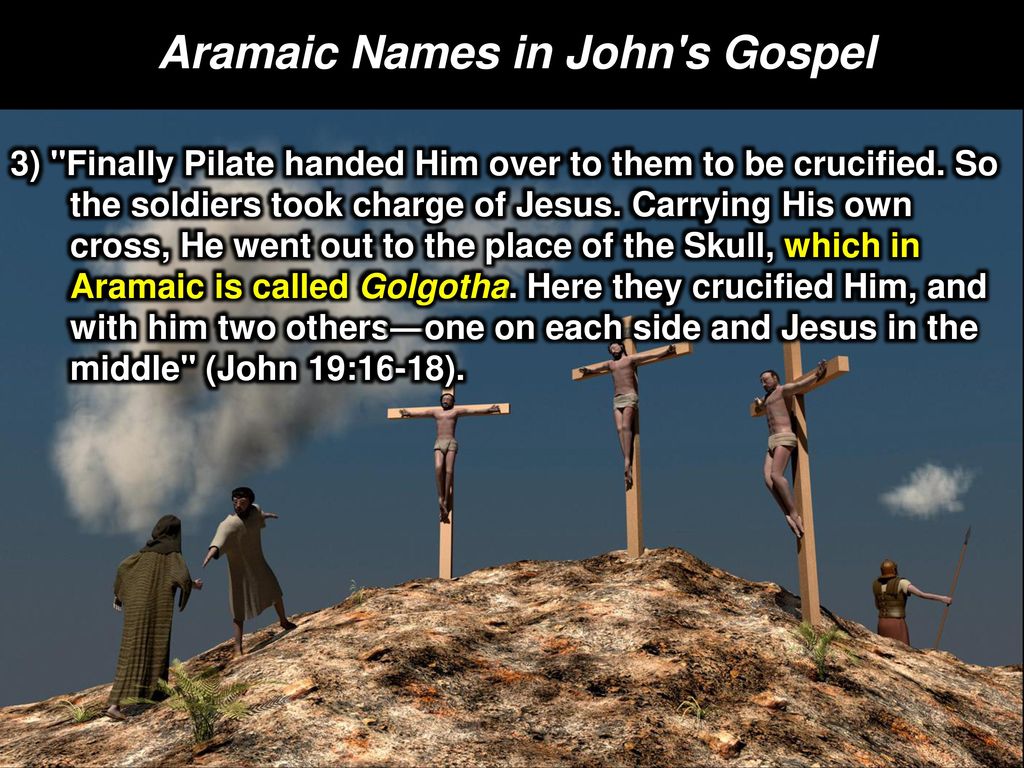



Peoples Of The Ot Arameans Ppt Download



Www Jstor Org Stable 10 Jbl 1342 15 2804



Hebrew




Aramaic Wikipedia




Dead Sea Scrolls Wikipedia




Hebrew Aramaic Words In The Greek New Testament Bibtheo



Digitalcommons Butler Edu Cgi Viewcontent Cgi Article 1502 Context Wordways
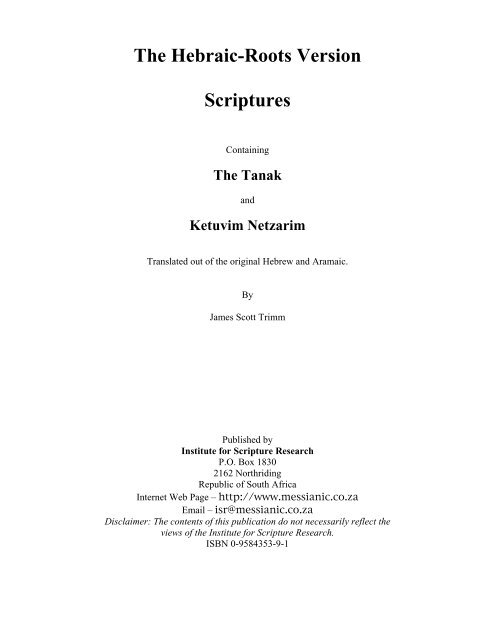



The Hebraic Roots Version Scriptures Institute For Scripture Research




Chapter 6 Language Contact And The Book Of Isaiah In Language Contact Colonial Administration And The Construction Of Identity In Ancient Israel




New World Translation Of The Holy Scriptures Wikipedia




Was The Gospel Of Matthew Originally Written In Aramaic Neverthirsty




God In Aramaic Bible Youtube




Aramaic Of Qoran Temp



Www Jstor Org Stable




Aramaic Wikipedia



Www Jstor Org Stable



Repository Upenn Edu Cgi Viewcontent Cgi Article 1129 Context Dropsietheses




Aramaic New Covenant Issues John 1 18 Who Was Only Begotten The Son Or Theos




Gregg Braden With Regard To The Power Of Prayer A Comparison Of The Modern Biblical Version Of Ask And You Shall Receive For Example With Its Original Text Gives Us An
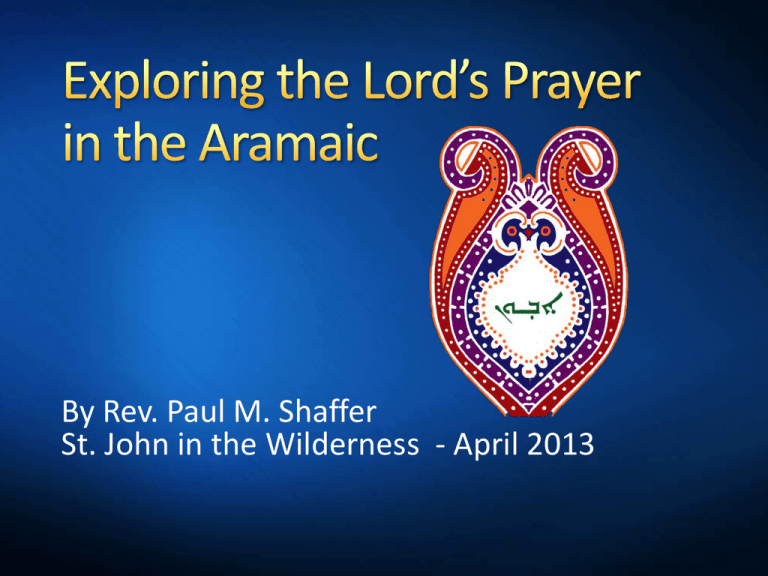



Exploring The Lord S Prayer In The Aramaic




What Languages Did Jesus Speak




Are There Different Loves In John 21 Psephizo




First Baptist Church Minco Ok What We Believe
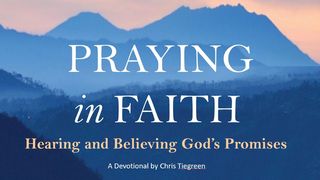



John 16 23 24 In That Day You Will Ask Nothing Of Me Truly Truly I Say To You Whatever You Ask Of The Father In My Name He Will Give It To You




Matthew 16 Commentary Precept Austin




Just Pray Living Energeia




John 16 23 24 In That Day You Will Ask Nothing Of Me Truly Truly I Say To You Whatever You Ask Of The Father In My Name He Will Give It To You




Writing Angels Astronomy And Aramaic In The Early Hellenistic Age Chapter 3 Demons Angels And Writing In Ancient Judaism
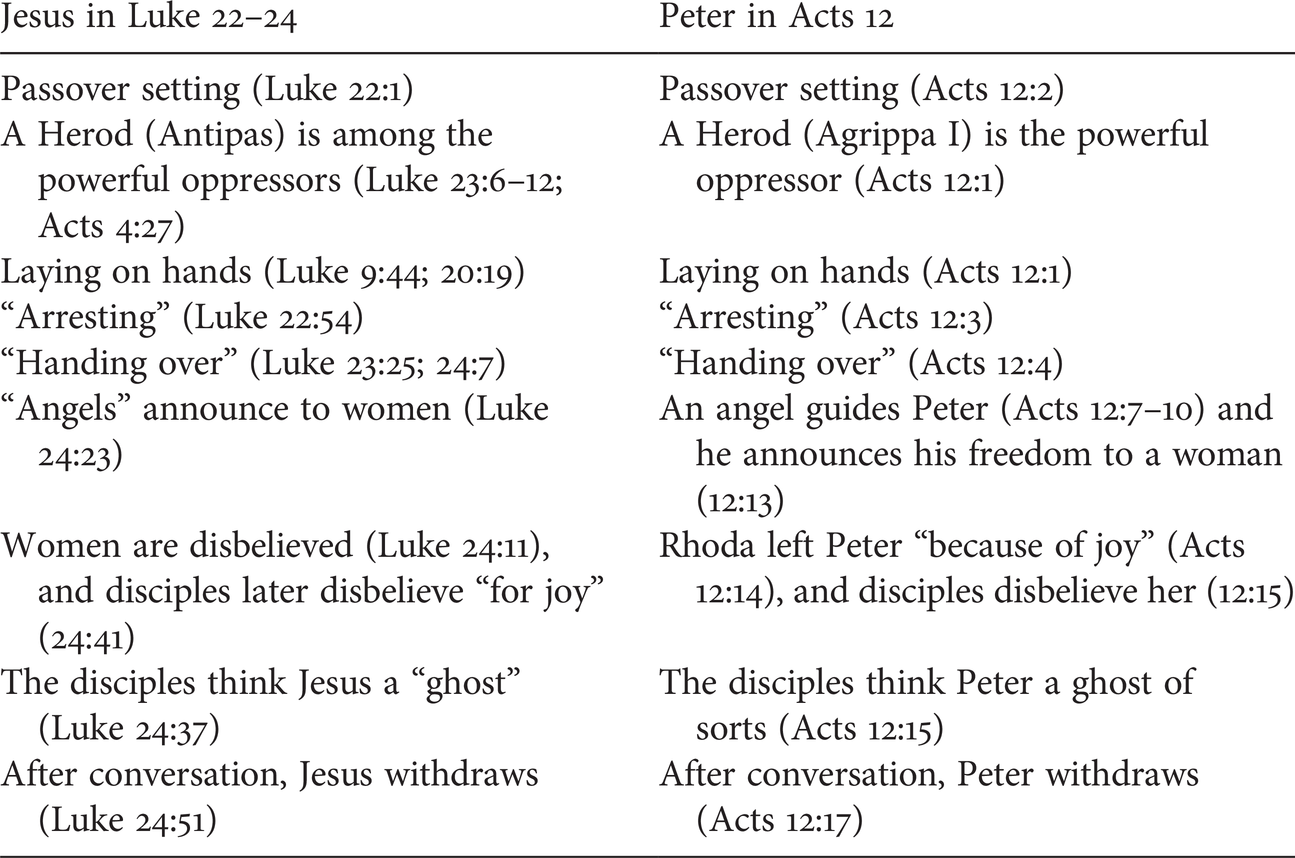



Commentary Iii Acts



Repository Upenn Edu Cgi Viewcontent Cgi Article 1129 Context Dropsietheses
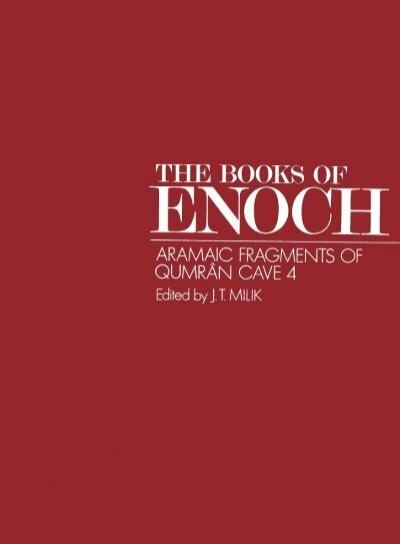



The Books Of Enoch Aramaic Fragments Of Qumran Cave 4
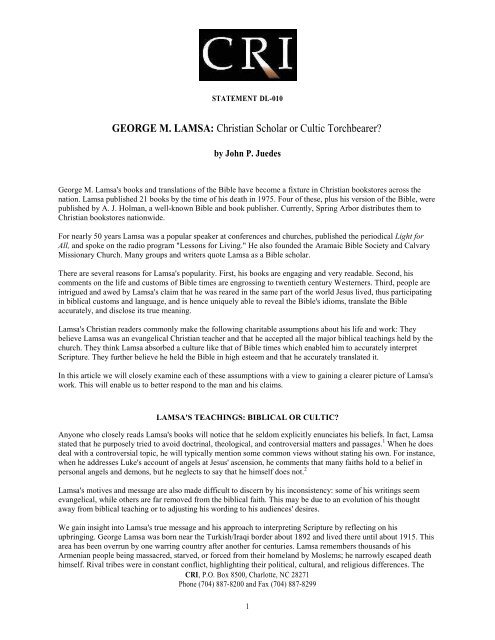



George M Lamsa Christian Scholar Or Cultic Torchbearer



Www Jstor Org Stable



Aramaic



Tmcdaniel Palmerseminary Edu Clarifying new testament names words and shem tob S gospel of matthew Pdf




Aramaic Wikiwand
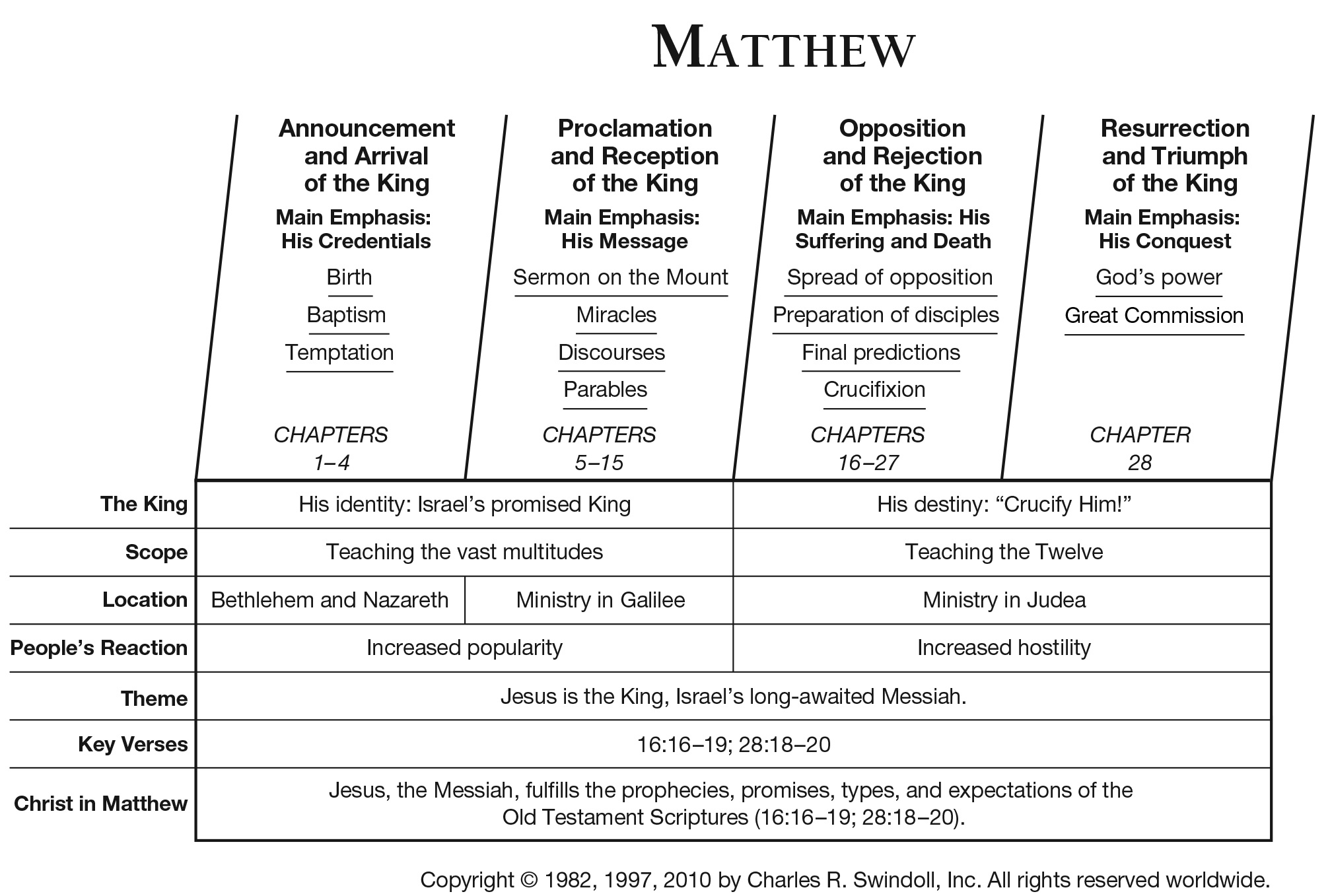



Matthew 16 Commentary Precept Austin




Writing Angels Astronomy And Aramaic In The Early Hellenistic Age Chapter 3 Demons Angels And Writing In Ancient Judaism




John 16 23 In That Day You Will Not Question Me About Anything Truly Truly I Say To You If You Ask The Father For Anything In My Name He Will Give It
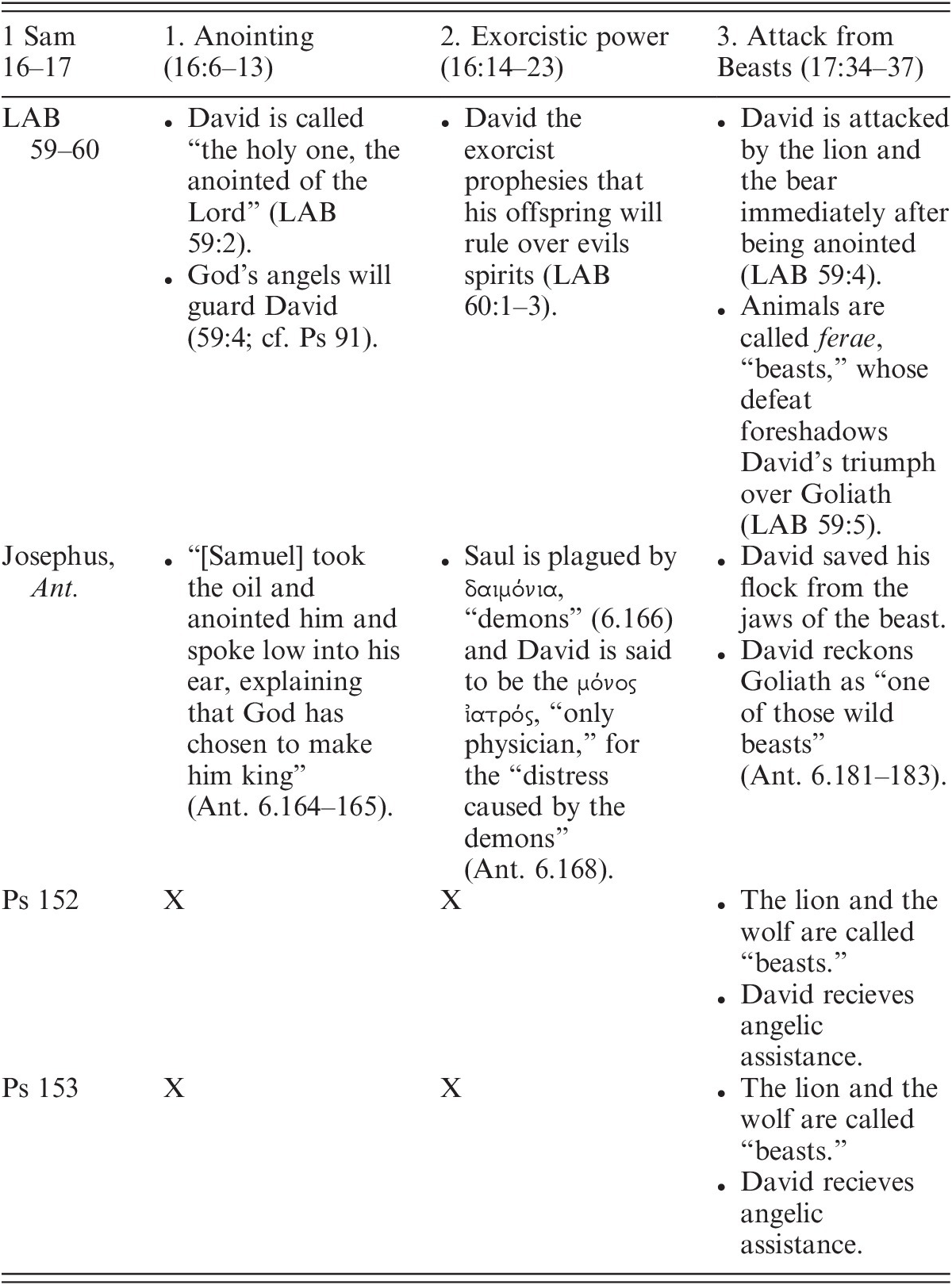



Christening Jesus Of Nazareth Chapter 3 Jesus Christ As The Son Of David In The Gospel Of Mark



Repository Upenn Edu Cgi Viewcontent Cgi Article 1129 Context Dropsietheses
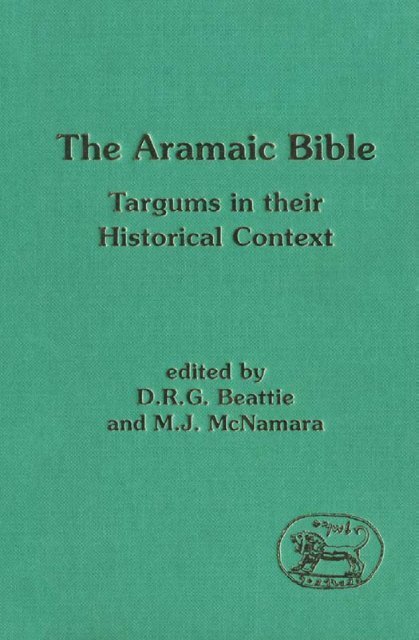



The Aramaic Bible Targums In Their Historical Context



2



0 件のコメント:
コメントを投稿